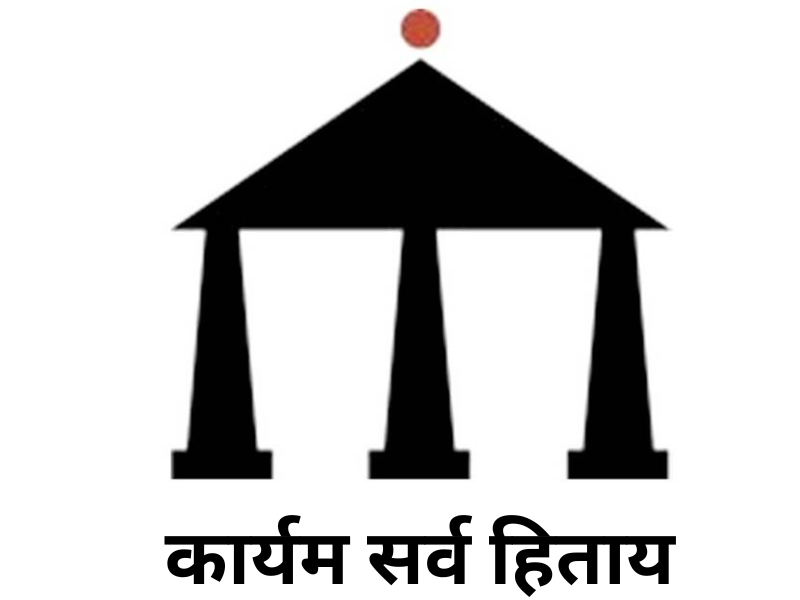Political parties can have internal decision making processes that are democratic or undemocratic. Members could be given a say or party elites could be given total power over choosing party leaders and choosing candidates for elections. Democratic processes within political parties are beneficial for many of the same reasons that democracy is beneficial within a state: it promotes accountability through elections, it allows members to have their views better represented and it encourages politicians to compete for access to power. Inner-party democracy (IPD) is practiced in a variety of ways around the world, providing many possible models for other countries to adopt. During our research it became clear that it is difficult to remove party leaders, there is little discussion or consultation with ordinary members when setting the party agenda, young politicians find it difficult to climb the ranks and gain influence, and the influence of family connections remains powerful. To help combat these issues, RFG suggests several reforms. Party members should directly elect their leaders. This will encourage accountability and give members a larger voice within the party. Party members should also be able to influence candidate selection through use of a veto or ‘no-confidence’ vote. This will allow them to prevent irregularities of the nomination system while still enabling the party elites to make strategic decisions. Elected representatives should be able to dissent from their party openly, and parties should hold meetings more regularly and encourage open dialogue within the party. India should adopt laws that govern political parties to help give these reforms legal standing.


